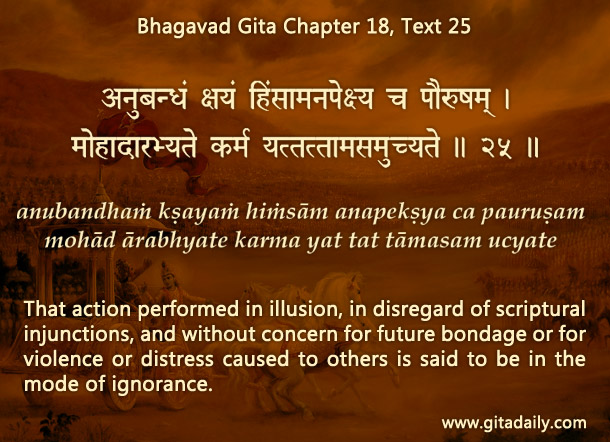To treat our emotions as the only reality is to live in unreality
Suppose we are driving a car, and suddenly the car lurches. We will experience the lurch as a physical sensation. But that lurch may trigger panic within us, making us imagine that we are going to topple into a deep ditch even when there’s no ditch nearby. We may over-correct and put ourselves in the way of another car. If we pay more attention to the emotion than the situation, our emotion worsens our situation.
We may even start living completely inside our head, dealing only with the emotion and not the situation. We may catch ourselves suddenly yelling at no one in particular. What is happening at such times? In our head is playing and replaying a movie in which we are victims and the target of our outburst is the villain.
When going through dramatic events, we often experience our emotions about those events more strongly than those events themselves. Our emotions are a reality for us, but then the physical situation is also a reality. To deal with the situation, we have to focus on it. To the extent the emotion arises from the situation, to that extent we can address it. But if it arises from the imagination, we need to put it aside. Foundational for such discernment is the understanding that our emotions don’t necessarily reflect reality.
Pertinently, the Bhagavad-gita (18.25) cautions that work driven solely by emotion is unmindful of circumstance and consequence – it ends up becoming self-destructive.
How can we distance ourselves from our emotions? By remembering that we exist above our mind – we are souls, parts of the all-attractive supreme, Krishna. Through consistent bhakti-yoga practice, we can situate ourselves in spiritual consciousness. Thus evaluating both the situation and the emotion objectively, we can equip ourselves to respond appropriately.
Think it over:
- Illustrate with two examples how our emotion can worsen our situation.
- What is the relationship of our emotions with reality?
- How can we distance ourselves from our emotions?
To know more about this verse, please click on the image
Explanation of article:
https://www.youtube.com/watch?v=yHk2EJT0Tag
Podcast:


Leave A Comment